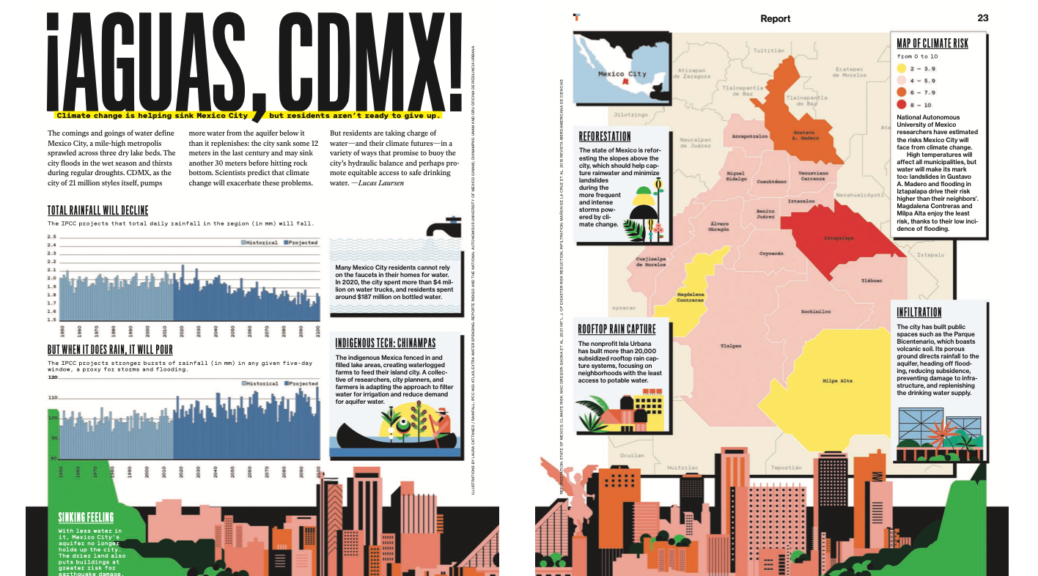This is my first piece of data visualization journalism in a long time. It was fun to work with the editors and illustrator to bring it together. It’s also great to cover a topic near to my heart and the part of my family that live in Mexico City. Someday I’d like to report more on the social side of Mexico’s water situation.
Meantime, I recommend checking out the print edition of Technology Review [pdf] to see the spread but there is also an online version for subscribers.
All posts by LL
Translated story: More than half of European countries prohibit access to assisted reproduction for lesbians and almost a third do so for single women
Heterosexual couples in Europe can undergo assisted reproductive treatment, either through their national health services or by paying out of pocket. It’s legal. In just a few places national services hit the brakes if the couple needs donated eggs or embryos.
Things are harder for female-female couples or single women, and even more so for trans or intersex people. A lot harder. Even in countries where you might think there would be no discrimination. In fact, it wasn’t until June of this year that France allowed access to assisted reproductive technology (ART) for these groups. Norway gave single women access in 2020, just a short time ago.
Of the 43 countries analysed for this investigation, 12 do not allow single women to access in vitro fertilisation. Even more countries, 16, also prevent single women from getting assisted insemination. The list of countries that prevent single women from getting a donated egg is even longer.
You can read the full story at Civio. This is the first story in a two-part series published by Civio and its partner the European Data Journalism Network. The second story is here: Civio, EDJN.
Interpreting: The Fake Paralympians
I interpreted an interview in Madrid for “The Fake Paralympians” a BBC podcast produced by Simon Maybin and presented by Paralympian swimmer Dan Pepper . The interview is from around 12:00 to 17:25 in episode 5, Court.
Streaming link here.
Too Perilous For AI? EU Proposes Risk-Based Rules
As part of its emerging role as a global regulatory watchdog, the European Commission published a proposal on 21 April for regulations to govern artificial intelligence use in the European Union.
The economic stakes are high: the Commission predicts European public and private investment in AI reaching €20 billion a year this decade, and that was before the additional earmark of up to €134 billion earmarked for digital transitions in Europe’s Covid-19 pandemic recovery fund, some of which the Commission presumes will fund AI, too. Add to that counting investments in AI outside the EU but which target EU residents, since these rules will apply to any use of AI in the EU, not just by EU-based companies or governments.
